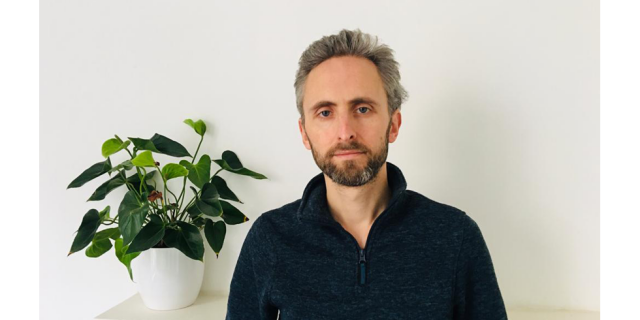
Embodied Relational Therapy
Embodied-Relational Therapy (ERT) is an holistic integrative approach which emerged primarily from the body psychotherapy tradition and now works at the meeting place of relational, process and body psychotherapy. It focuses on two facts about human beings: we are embodied and in relationship. To be alive we need to be a body, to be alive we need to relate to others; our greatest challenges and our greatest joys follow from this.
ERT approaches human beings as united bodymindspirit, perfect with a few local difficulties. Our nature seeks to express itself freely, while at the same time protecting itself in conditions often of great difficulty. This double task of expression and protection makes us subject to contradictory pulls, and offering double messages about what we feel, want and need. Through a relationship which is supportive and non-invasive, it is possible to disentangle our doubleness and allow our process to unfold.
ERT takes a position of profound trust that whatever is trying to happen in someone’s life needs to happen, and whatever needs to happen is trying to happen. The fundamental assumption is that we all do the best we possibly can – the best that we know so far. Each individual has come up with a brilliant solution to the conditions in which they have found themselves – the optimum style of relating, the optimum balance between body and spirit.
Equally, each person is seeking, consciously or unconsciously, to change their behavioural style in accordance with current conditions – which may be very different from the conditions in which we grew up. Whatever appears in a person’s life as a problem, a symptom, a conflict, can also be understood as an incomplete attempt to change and grow.
Initiated by Nick Totton and Em Edmondson in the late 1980s, ERT has continued to develop through the contributions of past and present ERT trainers, and the wider community of ERT trainees and graduates. You can learn more about ERT here https://erthworks.co.uk
 Norwich Wellbeing Centre
Norwich Wellbeing Centre